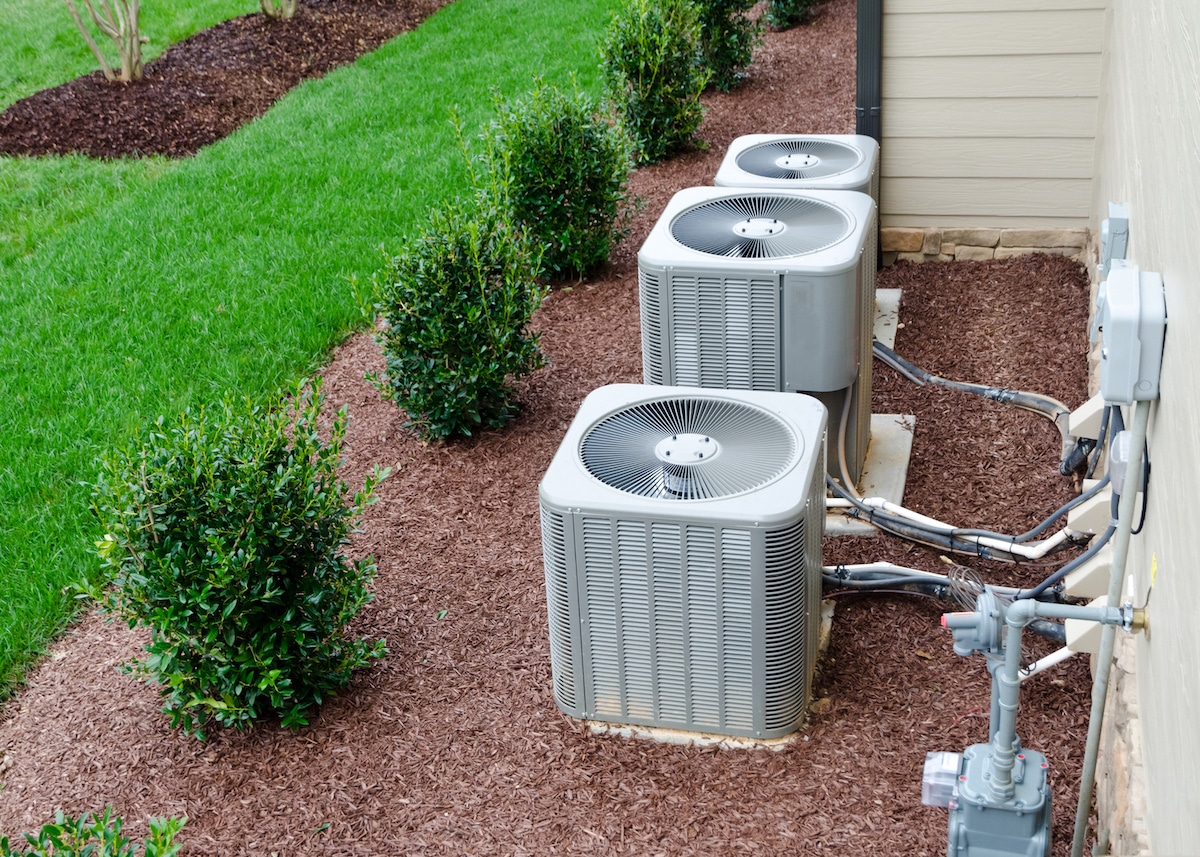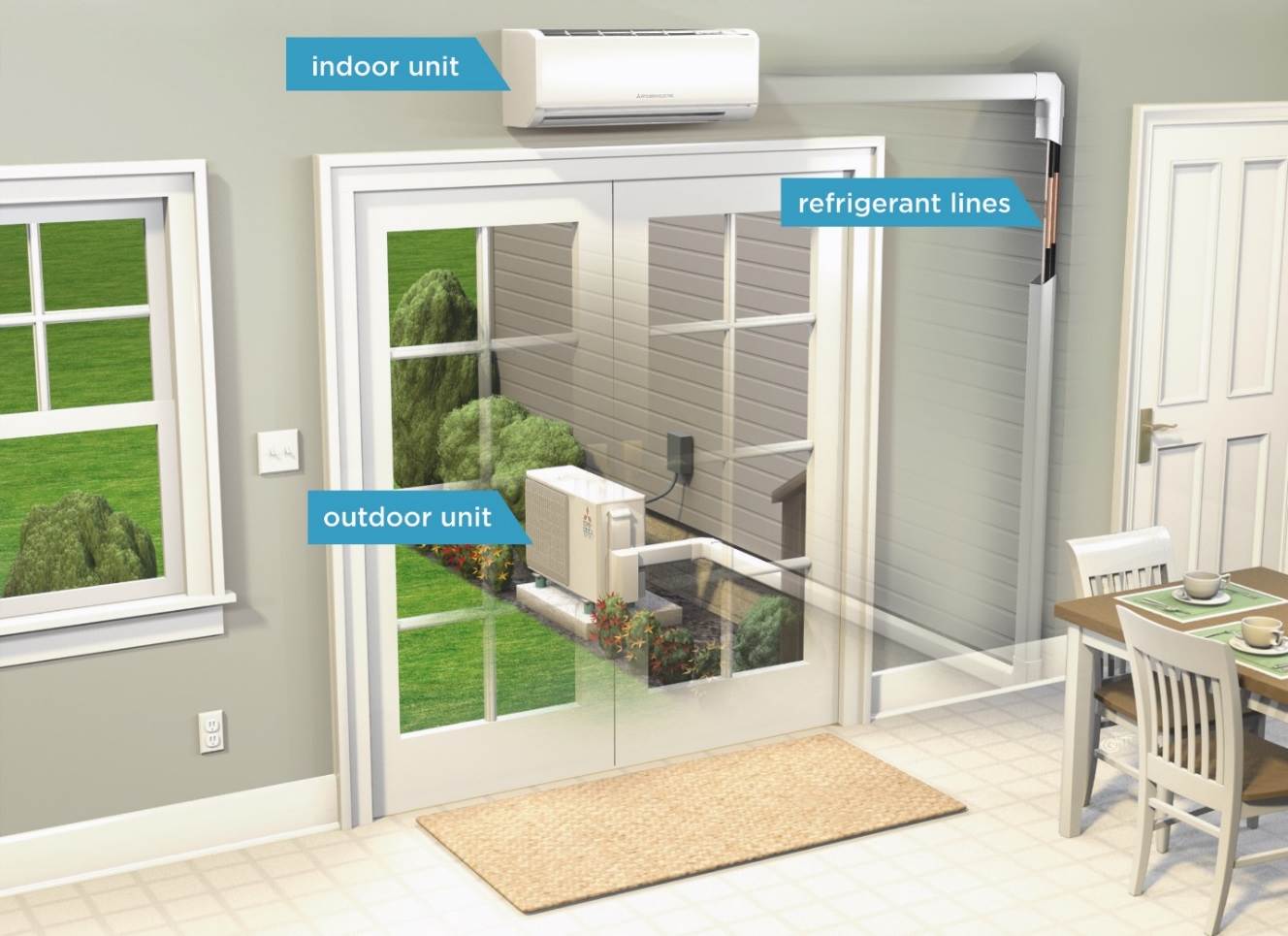When it comes to choosing the best cooling device for your home, it's like discovering the perfect problem item for an intricate picture. The variety of options offered can be overwhelming, but fear not, just like a bit of advice, you can make a choice that fits your requirements like a glove.
From thinking about energy efficiency rankings to examining your home's layout, each aspect plays an essential role in ensuring your comfort and satisfaction. So, prior to you decide, take a minute to check out the crucial elements that will lead you to the excellent cooling option for your home.
Key Takeaways
- Prioritize high SEER scores for cost-efficient and energy-efficient cooling.
- Make sure correct sizing to optimize efficiency and efficiency, avoiding raised power expenses.
- Choose the right system based upon your home's design and cooling down requirements.
- Take into consideration long-term financial savings, service warranty insurance coverage, and maintenance expenses in your budget planning.
Energy Performance Ratings
When selecting an air conditioning system for your home, think about the energy efficiency scores to ensure economical air conditioning. Power effectiveness is essential for conserving money on your utility bills while also lowering your ecological impact. The Seasonal Power Effectiveness Ratio (SEER) is a key metric to pay attention to when reviewing ac unit. Higher SEER scores suggest much better energy performance and possibility for expense savings over time. By picking an unit with a high SEER score, you can delight in reduced power usage and minimized air conditioning costs with time.
It is necessary to distinguish between Power Efficiency Ratio (EER) and SEER when evaluating the efficiency of an air conditioning unit. air conditioning repair While EER stands for the cooling output of the system split by the electrical input under certain problems, SEER supplies an ordinary effectiveness over an entire cooling period. Recognizing the distinction between these two scores can assist you make a notified decision when choosing an energy-efficient air conditioner for your home. Focusing on SEER rankings can bring about significant energy savings and boosted cooling efficiency.
Dimension and Air Conditioning Capability

To ensure maximum performance and effectiveness in your air conditioning system, understanding the proper size and cooling capacity for your home is vital. Correct sizing is crucial for guaranteeing that your ac unit can effectively cool your area without unnecessary power consumption. An air conditioning system that's too small will certainly battle to cool your home adequately, resulting in raised energy prices and lowered cooling efficiency. On the other hand, an oversized device might cool down the air quickly yet won't effectively evaporate the area, causing a clammy environment.
When determining the right dimension for your cooling system, factors such as the square video footage of your home, ceiling elevation, insulation levels, and local environment must be considered. Consulting with a specialist cooling and heating service technician can assist you properly determine the cooling capability needed for your certain demands. By selecting the appropriate dimension for your cooling system, you can maximize cooling down performance, energy efficiency, and total convenience in your house.

Types of Air Conditioning Solutions
Picking the ideal air conditioning system for your home is important for keeping a comfortable indoor setting. When considering different kinds of a/c systems, 2 popular options you may encounter are ductless mini divides and home window units.
Ductless mini divides are flexible systems that consist of an outdoor compressor unit and several interior air-handling units. They're reliable, give zoned air conditioning, and are quieter compared to standard central air systems. Ductless mini splits are a terrific choice for homes without existing ductwork or for room additions.

On the various other hand, home window devices are a more conventional and mobile option. These devices are self-contained, with all parts housed in a solitary box that's mounted in a window or a specifically designed wall surface opening. Home window units are affordable, easy to install, and suitable for cooling down specific spaces. Nevertheless, they might be less energy-efficient than ductless mini divides and can obstruct all-natural light and sights.
Think about the layout and cooling down needs of your home to identify which type of cooling system is the very best fit for you.
Consider Your Home's Format
When assessing your design, 2 crucial factors to bear in mind are ductwork choices and zoning considerations.
To start with, analyze the ductwork alternatives in your home. If your residence already has ductwork in place, an air conditioning system may be a practical and cost-efficient choice. This system utilizes a network of air ducts to distribute trendy air throughout your home effectively. On the various other hand, if your home does not have ductwork, a ductless mini-split system could be a viable alternative. These systems are less complicated to set up in homes without existing air ducts and supply versatility in cooling down different areas of your residence separately.
Next, take into consideration zoning factors to consider. Zoning permits you to divide your home into various areas with different temperature controls. This can be useful if specific locations of your home require more cooling than others, assisting you save on power expenses by only cooling the necessary areas. Reviewing these aspects of your home's design will guide you in the direction of selecting one of the most suitable a/c system for your specific needs.
Budget and Upkeep Costs
Assessing your spending plan constraints and approximating prospective maintenance costs will play a considerable function in establishing the most appropriate air conditioning system for your home. When taking into consideration budget, consider not just the preliminary cost of the unit but additionally long-term financial savings and general expenses. Choosing a more energy-efficient version may've a higher ahead of time price however can cause significant savings on your utility costs with time.
In addition, when evaluating maintenance prices, take note of warranty coverage. An unit with a detailed warranty can provide assurance and potentially conserve you money on repair service costs in the future. Be sure to ask about what the guarantee covers and for how long. Understanding this details can aid you make an extra informed decision based on your budget and prospective future costs.
Often Asked Questions
What Are the most effective Practices for Preserving and Cleaning an A/c Unit to Make Certain Optimal Performance?
To maintain your cooling device running smoothly, stick to a routine upkeep routine. Tidy the filters and coils consistently to stop build-up and make certain peak performance.
Efficiency ideas consist of sealing leaks in ducts and keeping the location around the unit clear. If you run into problems, refer to a troubleshooting overview or call a professional for aid.
Stay on top of cleansing techniques and upkeep to delight in amazing air all summertime long.
Are There Any Kind Of Federal Government Rewards or Rebates Readily Available for Acquiring Energy-saving A/c Units?
Federal government rewards and rebates are generally available for acquiring energy-efficient a/c units. These rewards aim to promote power financial savings and aid house owners offset the first price of upgrading to more effective systems.
Looking into offered programs in your area can result in considerable financial savings while adding to a more lasting family. Make sure to benefit from these possibilities to make your home extra energy-efficient and environmentally friendly.
Just How Can I Determine if My Home's Electrical System Can Manage the Power Demands of a New Air Conditioning Unit?
To examine if your home's electric system can manage a new air conditioning unit, routine an electric examination. An electrician will assess the power capacity and recommend any type of necessary upgrades. This step ensures that your system can sustain the unit without overwhelming or triggering issues.
Prioritizing this assessment will certainly assist you identify if any modifications are required prior to mounting a brand-new ac unit in your home.
Exist Any Unique Factors To Consider to Remember When Setting Up an A/c Unit in a Multi-Story Home?
When setting up an a/c unit in a multi-story home, think about the ductwork positioning and zoning to ensure even cooling down. Make certain the device's cooling ability and efficiency match the dimension of your home.

Appropriately sized ducts and tactically put vents can assist maximize airflow throughout various levels. Consulting with an expert can aid figure out the most effective system for your multi-story home's particular format and cooling down requirements.
What Are Some Common Indications That Indicate It May Be Time to Change an Existing Air Conditioning System As Opposed To Repair It?
If you're noticing frequent malfunctions, sky-high energy bills, and your air conditioning battling to cool your space, it may be time to contemplate a replacement as opposed to repair work.
Think about the price comparison in between fixing the old system and investing in a much more energy-efficient one. Newer models aren't just extra reputable but also conserve on your month-to-month costs.
Keep an eye out for these indications to understand when it's time for an upgrade.
Final thought
When picking the appropriate air conditioning device for your home, keep in mind to take into consideration:
- Power efficiency scores
- Dimension
- Cooling down capacity
Think about the sort of system that will function best for your home's design and consider your budget plan and upkeep prices.
By taking these variables right into consideration, you can choose the ideal air conditioning system to keep your home cool and comfy throughout the year.
